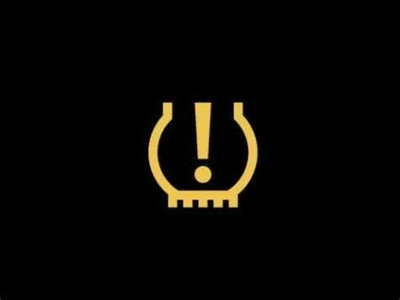Are you thinking about getting a new or used car? As you dive into the exciting world of car buying, there's one key player you need to understand: credit. If you're new to the game or need a refresher, fear not! I'm here to break down the basics of credit in auto financing so that you can confidently hit the road.
What is Credit?
First things first, let's define credit. In simple terms, credit is your financial reputation. It's a measurement of how trustworthy you are in repaying borrowed money. When you apply for a car loan, lenders look at your credit history to determine if you're a low-risk or high-risk borrower.
Why Does Credit Matter?
Your credit report and score play a crucial role in auto financing. Here's why they're so important:
-
Loan Approval: Lenders use your credit score to decide whether to approve your loan application. A higher credit score typically means better loan terms, like lower interest rates and smaller down payments.
-
Interest Rates: Your credit score directly influences the interest rate you'll pay on your car loan. The better your credit, the lower the interest rate, which can save you thousands of dollars over the life of your loan.
-
Loan Terms: Beyond interest rates, your credit score can also impact the length of your loan term. A strong credit history may qualify you for extended repayment periods, resulting in more manageable monthly payments.
The Range of Credit Scores
Credit scores range from 300 to 850, with higher scores indicating better creditworthiness. Here's a breakdown:
-
Poor (300-579): Individuals in this range may struggle to qualify for loans or face high-interest rates.
-
Fair (580-669): While you might qualify for loans, expect higher interest rates and less favorable terms.
-
Good (670-739): This range offers better loan options with competitive interest rates.
-
Very Good (740-799): Enjoy access to the best loan terms and lowest interest rates available.
-
Exceptional (800-850): The crème de la crème of credit scores, offering the most favorable loan terms and rates.
Boosting Your Credit Score
Improving your credit score isn't an overnight process, but it's achievable with dedication and smart financial habits. Here are some tips to help boost your credit score:
-
Pay Bills on Time: Late payments can significantly damage your credit score. Pay all your bills on time, including credit card bills, utilities, and loans.
-
Keep Balances Low: Aim to keep your credit card balances well below the credit limit. High credit utilization can negatively impact your score.
-
Monitor Your Credit Report: Regularly check your credit report for errors or discrepancies. Report any inaccuracies to the credit bureaus to ensure your score reflects accurate information.
-
Diversify Your Credit Mix: A mix of credit types, such as credit cards, auto loans, and mortgages, can positively impact your credit score.
Final Thoughts
Understanding credit is fundamental to securing favorable auto financing terms. Knowing where you stand and how to improve your credit score can set you up for success in the car-buying journey. Building good credit takes time, but the rewards are worth the effort.
I am here for you on your car-buying journey. If I can help you in any way, please get in touch with me. Happy car shopping!
Steve Dann
(201) 400-8124
Madison Honda











